Humans

Educators and Parents, Sign Up for The Cheat Sheet
Weekly updates to help you use Science News Explores in the learning environment
Thank you for signing up!
There was a problem signing you up.
-
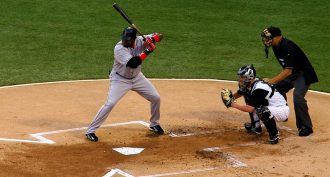 Health & Medicine
Health & MedicineBaseball: Keeping your head in the game
Head movements play an important role in successfully tracking lightning-fast incoming pitches.
-
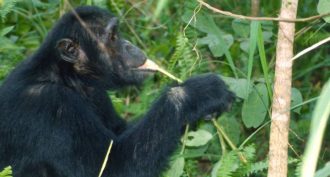 Animals
AnimalsWild medicine
Few veterinarians are available to treat sick animals in their natural environment. Fortunately, some critters can doctor themselves.
-
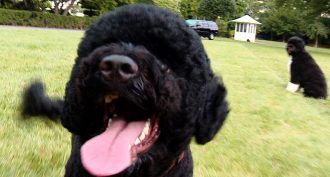 Health & Medicine
Health & MedicineDoggy dust could be a good thing
The outdoor dust that dogs drag in contains a mix of microbes that helped mice fend off allergic reactions and viral infections.
-
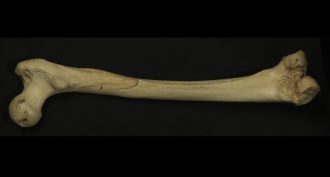 Genetics
GeneticsAncient DNA sparks new mystery
DNA from a 400,000-year-old leg bone found in Spain is by far the oldest recovered from pre-human ancestors. It also shows an unexpected link to later, Asian ‘kin.’
-
 Health & Medicine
Health & MedicineCool Jobs: Data detectives
Statisticians are experts in seeing the patterns hidden within the raw numbers called data. They especially excel at finding real trends, while eliminating what is actually due to chance. That’s why they offer a good reality check in any field that involves numbers.
-
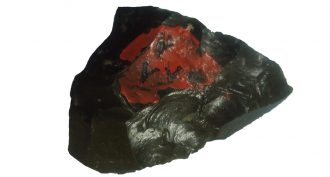 Science & Society
Science & SocietyHuman ancestors threw spears
Who threw first? Scientists had long believed that ancient people who lived 80,000 years ago were the first to throw spears with stone tips. But the discovery of 279,000-year-old stone spear tips in Ethiopia pushes that date back, and suggests prehuman species hunted with spears too.
-
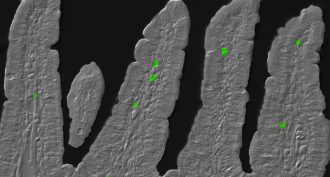 Health & Medicine
Health & MedicineNew problem linked to ‘jet lag’
The body’s internal clock can be thrown off when people alter their day and night routines. That mix-up may lead to a buildup of immune cells that can cause inflammation, according to a new study on mice.
-
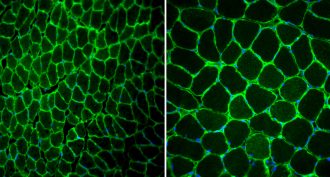 Health & Medicine
Health & MedicineMice on steroids
A new mouse study suggests the effects of steroids can last at least months. That’s long after most sporting authorities would be able to identify signs of doping in athletes.
-
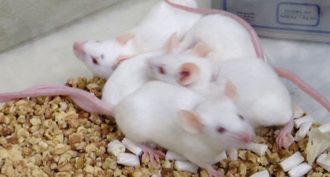 Health & Medicine
Health & MedicineCancers like it cool
Get that mouse a sweater! A chilly environment suppresses the immune system in mice. This can foster cancer growth, a new study finds.
By Janet Raloff -
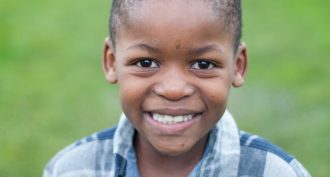 Health & Medicine
Health & MedicineHIV: Reversing a death sentence
New research suggests the infection, while serious, can be treated — and maybe cured.
By Bryn Nelson -
 Brain
BrainFear prompts teens to act impulsively
A new study finds that teens may act impulsively in the face of fear. This might help explain high rates of violence among such adolescents, the authors say.
-
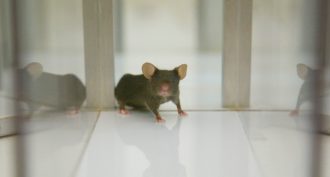 Brain
BrainIn pursuit of memory
Why is granny so forgetful? Scientists must learn how the brain builds memories if they hope to figure out why recall fails in old age.